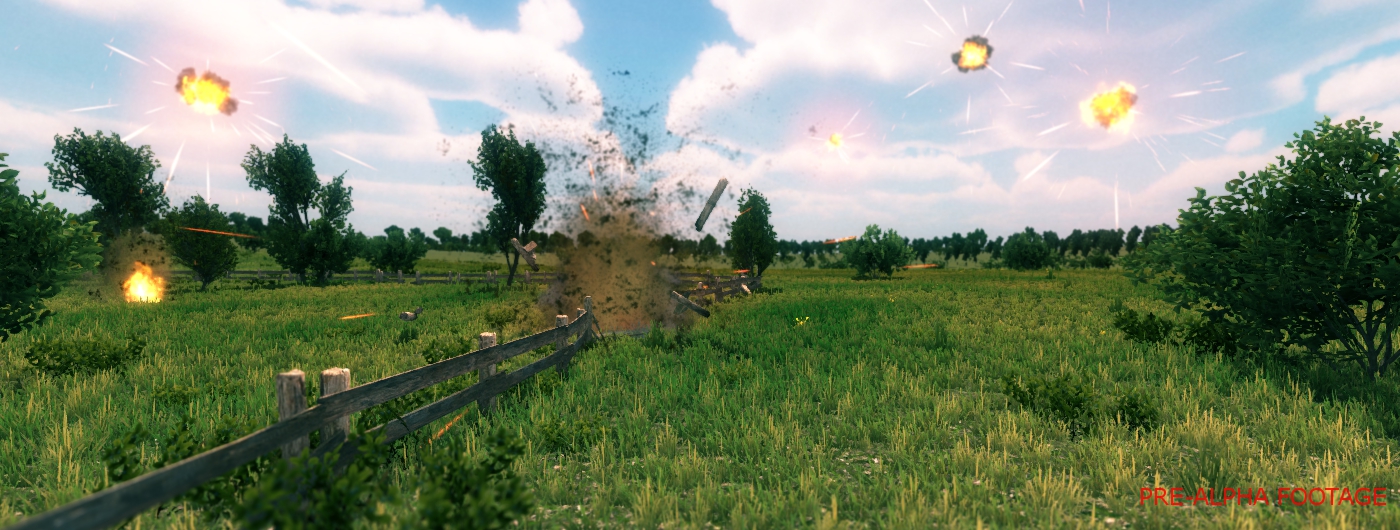


Jefferson, in the summer of 1776, after drafting the Declaration of Independence turned his mind to the same problem and took a different view. Fundamentally he believed that the safety of the republic lay in the autocratic strength of its Government, that the destiny of individuals was to serve that Government, and that fundamentally a great and strong group of central institutions, guided by a small group of able and public spirited citizens, could best direct all Government.īut Mr. He was too impatient of slow-moving methods. The most brilliant, honest and able exponent of this point of view was Hamilton. They were honest people, my friends, and we cannot deny that their experience had warranted some measure of fear. There were those who because they had seen the confusion which attended the years of war for American independence surrendered to the belief that popular Government was essentially dangerous and essentially unworkable. After the Revolution the struggle continued and shaped itself in the public life of the country. The American Revolution was a turning point in it. The American colonies were born in this struggle. There came gradually, through town councils, trade guilds, national parliaments, by constitution and by popular participation and control, limitations on arbitrary power.Īnother factor that tended to limit the power of those who ruled, was the rise of the ethical conception that a ruler bore a responsibility for the welfare of his subjects. The people sought a balancing – a limiting force. There came a growing feeling that Government was conducted for the benefit of a few who thrived unduly at the expense of all. When the development among the Nations of Europe, however, had been completed, ambition and ruthlessness, having served their term, tended to overstep their mark. Society paid him well for his services and its development. The man of ruthless force had his place in developing a pioneer country, just as he did in fixing the power of the central Government in the development of Nations. They were often cruel in their methods, but they did strive steadily toward something that society needed and very much wanted, a strong central State able to keep the peace, to stamp out civil war, to put the unruly nobleman in his place, and to permit the bulk of individuals to live safely. The people preferred the master far away to the exploitation and cruelty of the smaller master near at hand.īut the creators of national Government were perforce ruthless men. In many instances the victory of the central Government, the creation of a strong central Government, was a haven of refuge to the individual. The growth of the national Governments of Europe was a struggle for the development of a centralized force in the Nation, strong enough to impose peace upon ruling barons. When we look about us, we are likely to forget how hard people have worked to win the privilege of government. But, if we map the course of these roads, we find that there are only two general directions. Democracy, as a dear old friend of mine in Indiana, Meredith Nicholson, has called it, is a quest, a never-ending seeking for better things, and in the seeking for these things and the striving for them, there are many roads to follow. The final word belongs to no man yet we can still believe in change and in progress. On questions relating to these things men have differed, and for time immemorial it is probable that honest men will continue to differ. This question has persistently dominated the discussion of government for many generations. The issue of Government has always been whether individual men and women will have to serve some system of Government or economics, or whether a system of Government and economics exists to serve individual men and women.

Available online from University of Michigan Digital Library: Public Papers of the Presidents of the United States: Franklin D. Roosevelt, Volume One: The Genesis of the New Deal, 1928 -1932 (New York: Random House, 1950), volume 1, p.

Hassett, eds., The Public Papers and Addresses of Franklin D.


 0 kommentar(er)
0 kommentar(er)
